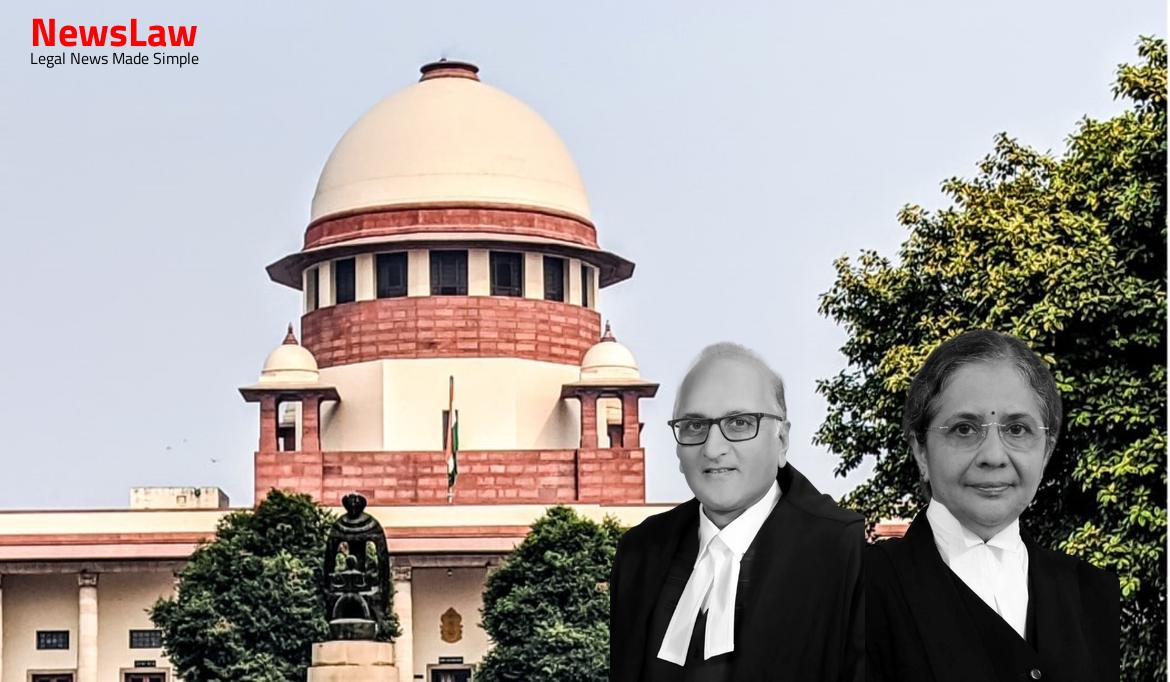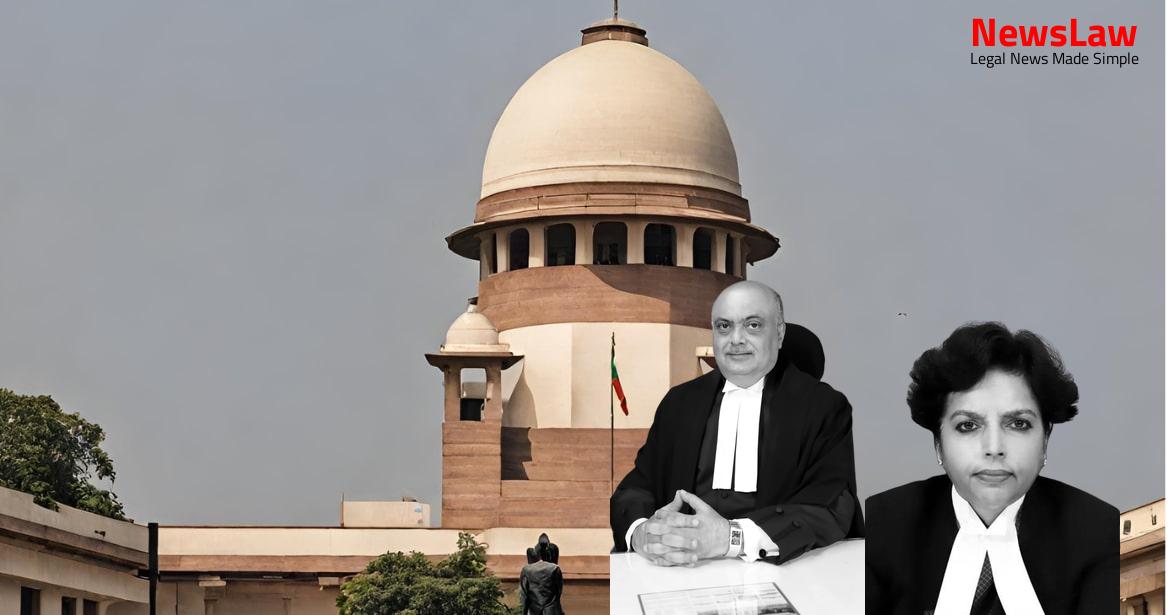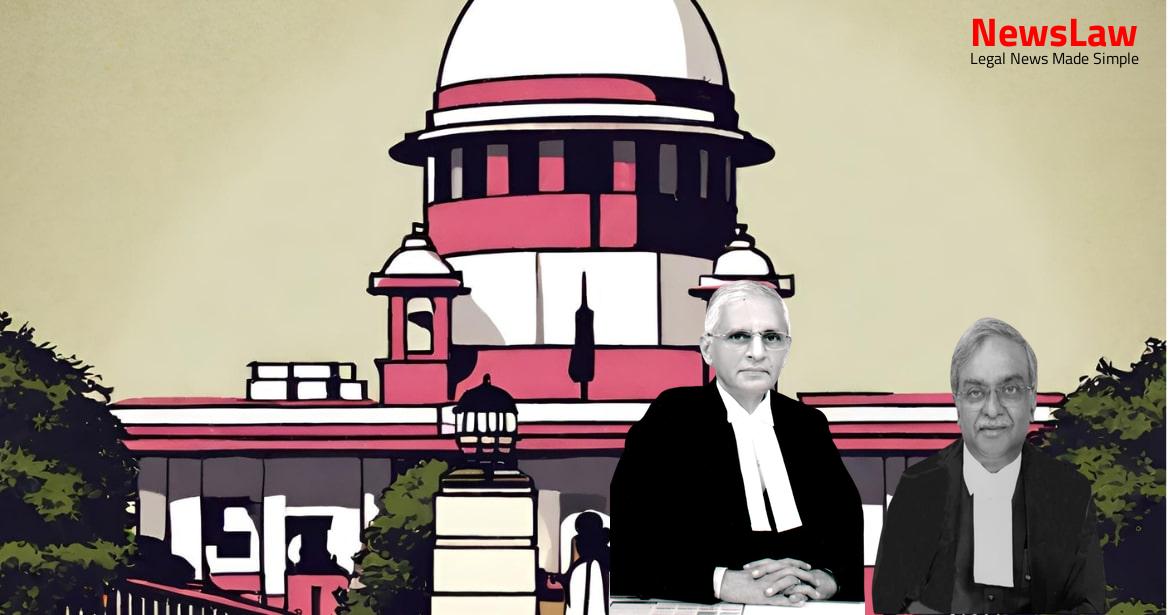Explore the legal intricacies of a recent court judgment regarding a vehicle theft insurance claim. The court’s analysis delves into the significance of adhering to policy conditions, specifically focusing on the validity of vehicle registration. This case sets a crucial precedent for insurance contract fundamentals, shedding light on the complexities within the realm of insurance law.
Facts
- The vehicle had a temporary registration that expired on 19-07-2011.
- The complainant’s insurance claim was repudiated on three grounds: delay in intimation of theft, expired temporary registration, and leaving the vehicle unattended in violation of policy conditions.
- The complainant filed a complaint before the District Forum for the insurer to pay the sum insured for the vehicle, rent amount, mental agony relief, and litigation costs.
- The insurer’s position was that the vehicle being unregistered at the time of theft violated policy conditions.
- The NCDRC dismissed the appellant’s revision petition challenging the State Commission’s order.
- State Commission set aside the District Forum’s order and allowed the appeal.
- Insurer covered the complainant’s vehicle with specific engine and chassis number and issued a policy during which the vehicle was stolen.
- Insurer could not repudiate the genuine claim on technical grounds of absence of permanent registration certificate.
- State Commission directed the insurer to pay ₹ 6,17,800/- to the complainant with 9% interest per annum from the date of complaint filing.
- Insurer was also directed to pay ₹ 20,000/- as litigation costs to the complainant.
- Insurer’s revision petition before NCDRC was dismissed, upholding State Commission’s decision.
Also Read: Electoral Malpractices in Mayor Election
Arguments
- The petitioner’s counsel argued that the NCDRC erred in not considering the judgment of the court in Narinder Singh Vs. New India Assurance Co. Ltd.
- He also referred to a previous order of the NCDRC in Naveen Kumar Vs. National Insurance Company Ltd.
- It was emphasized that the impugned order should be set aside as the NCDRC disregarded a binding judgment of the court and the fact that the vehicle had no registration, constituting a fundamental breach of the policy.
- The counsel stated that the Narinder Singh judgment related to compensation for a damaged vehicle due to an accident and not theft, making it inapplicable in the present case.
- The amicus argued against disturbing the findings of the State Commission or the NCDRC.
- The policy holder’s vehicle had a temporary registration which expired on 19-07-2011.
- There was no evidence presented that the policy holder applied for permanent registration or sought an extension of the temporary registration beyond the expiry date.
- Due to the temporary nature of the registration, the preclusion of liability as expressed in Narinder Singh case was deemed inapplicable in this situation.
Also Read: Balancing Power and Transparency: Electoral Bonds Struck Down, Disclosure Mandated
Analysis
- The respondent took his vehicle to Jodhpur where it was stolen, violating sections 39 and 192 of the Motor Vehicles Act.
- The temporary registration of the vehicle had expired at the time of theft.
- The Court holds that when an insurable incident occurs, there should be no fundamental breach of insurance contract conditions.
- The temporary registration can only be extended in specific cases as per Section 43 of the Act.
- The NCDRC’s order is deemed unsustainable by this Court.
- The owner used the vehicle without any registration, constituting an offense under Section 192 of the Motor Vehicles Act.
- Section 39 requires valid registration to drive a motor vehicle in a public place.
- Section 43 allows the owner to apply for temporary registration and a temporary registration mark.
- The NCDRC should not have overlooked a binding judgment of the Court
- The NCDRC should not have disregarded its ruling in 8 Naveen Kumar case
Also Read: Recall of Resolution Plan Approval: Legal Analysis
Decision
- The appeal is allowed without order on costs.
- The impugned order and the order of the State Commission are set aside.
- The respondent’s complaint is dismissed.
- Appreciation expressed for the assistance rendered by the learned amicus, Ms. Gauri Puri.
Case Title: UNITED INDIA INSURANCE CO. LTD. Vs. SUSHIL KUMAR GODARA (2021 INSC 580)
Case Number: C.A. No.-005887-005887 / 2021



